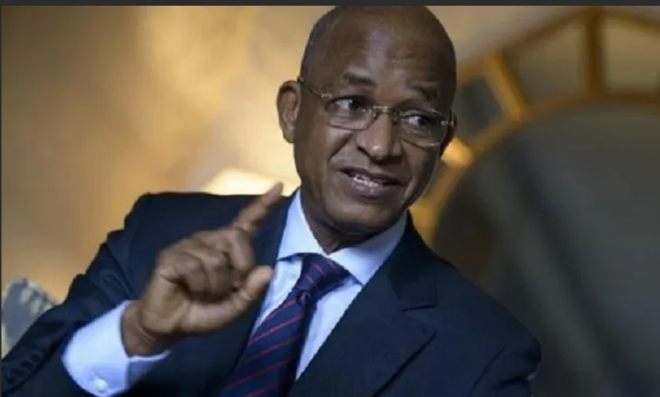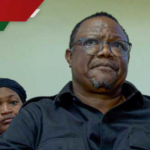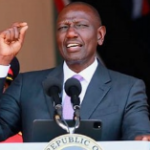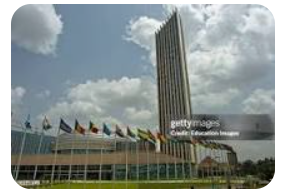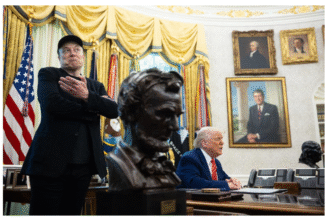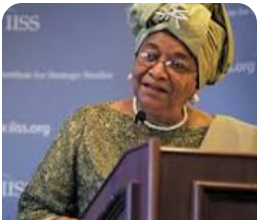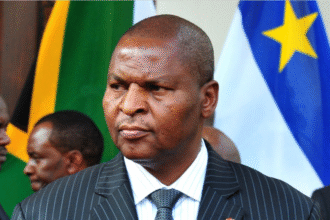By Amadou Keita
Conakry, Guinea – Frustration is boiling over in Guinea as opposition groups, led by former Prime Minister Cellou Delein Diallo, express deep concern and disillusionment over the perceived silence of ECOWAS (Economic Community of West African States), the African Union (AU), and the international community including the United Nations regarding the erosion of democratic processes in the country.
Guinea is currently under the rule of a military junta that seized power and has yet to establish a clear timeline for a return to constitutional rule and the holding of free and fair elections. Critics allege that the lack of a defined roadmap, coupled with the junta’s actions, suggests a deliberate strategy to prolong its hold on power.
“The absence of a firm commitment to democracy is deeply worrying,” stated a spokesperson for the opposition coalition. “We are witnessing a gradual consolidation of power by the junta, with no clear indication of when the Guinean people will be able to exercise their right to choose their leaders through free and fair elections.”
However, it is the silence from regional and international bodies that has sparked the most significant wave of discontent. The opposition has voiced its surprise and disappointment at the apparent inaction of ECOWAS, typically a key player in mediating political crises in the region, as well as the AU.
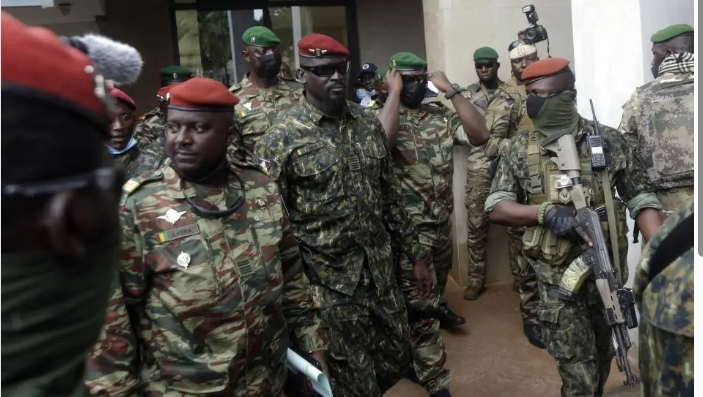
“The silence of ECOWAS, the AU, and major international players like France, the UK, and the United States is deafening,” the opposition spokesperson continued. “Their lack of engagement sends a chilling message to the Guinean people and undermines the principles of democracy and good governance that these organizations are supposed to uphold.”
Civil society groups have echoed these sentiments, expressing fears that the international community’s inaction could embolden the junta and further suppress dissent. They argue that by failing to exert pressure on the ruling military, the international community is inadvertently contributing to the entrenchment of authoritarian rule.
The situation in Guinea remains fluid, and the lack of international pressure could have significant implications for the country’s future. The opposition is calling on ECOWAS, the AU, and other international actors to break their silence and actively engage in promoting a swift and genuine transition to democratic governance, ensuring that the Guinean people can finally exercise their right to self-determination. The future of democracy in Guinea, they argue, hangs in the balance.


